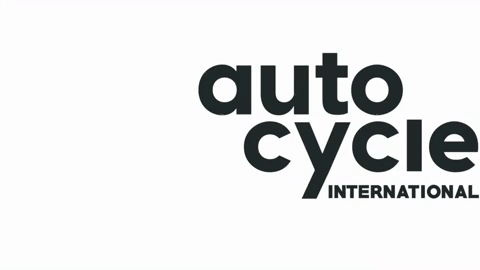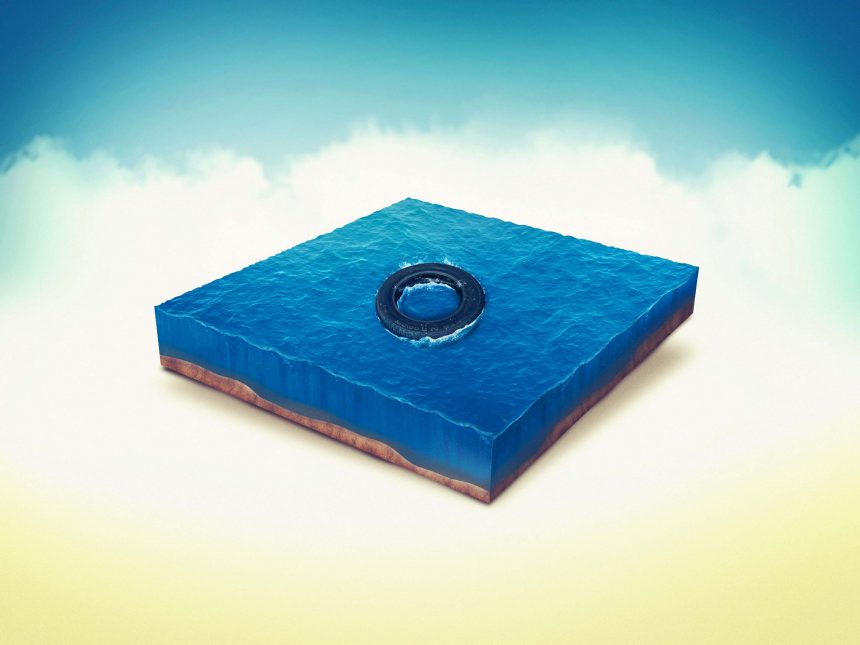The Ban With Australian government implementing the export ban for whole used tyres (including baled) in 2021, it is foreseen a drastic change in the EOLT recycling industry. According to the Department of Agriculture, Water and the Environment (DAWE), effective from 1 December 2021, Australian will only be able to export:
- bus, truck and aviation tyres for re-treading to a verified re-treading facility
- tyres that have been processed into crumbs, buffings, granules or shreds
- tyres that have been processed into tyre-derived fuel.
Australian EOLT recyclers will need to abandon the business model of collect-bale-export and explore alternatives to recycle EOLTs to comply with the new regulations. Impact of the ban A more common discussed alternative is exportation of onshore Tyre-derived fuel production from EOLTs, It was suggested alternative will increase the cost of recycling by approximately $130 per metric tonne or around $1 per passenger tyre. There are concerns that if tyre collectors do not adjust their collection fees accordingly, there could be an increased risk of stockpiling or more widespread diffuse dumping of individual truckloads of tyres. Action and reaction With the Ban becoming effective in December 2021, many EOLT recyclers are in the process of transition their business model into a tyre shredding business. Both federal and state governments have been diligent and supportive in providing guidance and fundings via grants to support local recyclers who are undergoing such transition, which relies heavily on capital investment. EPA Victoria has also implemented new environmental laws to regulate the waste management sector which includes EOLT recycling industry. All transactions, transportations, storage and processes of EOLTs in Victoria will be regulated and monitored. Autocycle’s opinion Autocycle International welcomes the Export Ban. We do not believe simply relocating the problem from one country to another is a sustainable approach toward the waste challenges that the world is facing. With the Export Ban and the new environmental regulations, we believe the nation is moving towards being self-sufficient by encouraging and developing her own circular economy. While Autocycle International sees what many EOLT collectors may suffer from the Ban and regulations, we are open to discussions for partnerships and collaborations under the new regulatory environment.


